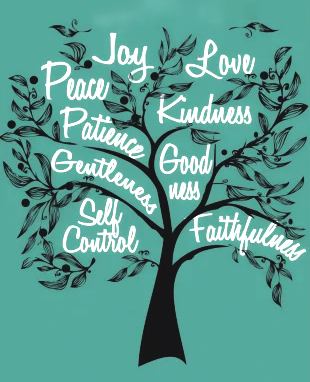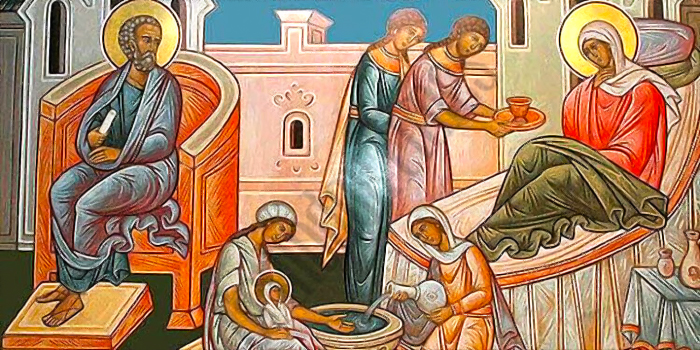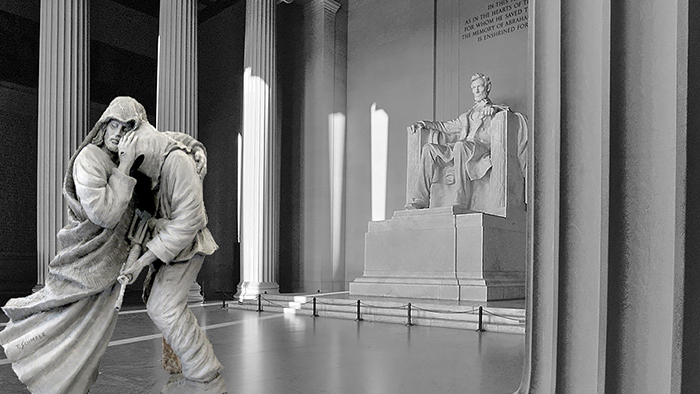
In Matthew’s gospel, we read that God’s unchanging nature and word are the “rock” that life should be built upon. A builder knows the importance of using the proper materials, the right location, and the appropriate knowledge to erect a house that will survive the storms of life. This raises the classic question regarding our faith life: “What is the foundation on which our life is built upon?” We have many choices in life, and today’s reading speaks to the importance of what we choose to build our lives on. Some will build their life around education, common sense, healthy living, wise investments, or even family. All of these are good to have but are more like the walls and floors of our house of life. But are any of these strong enough to be the foundations upon which a house is built? Scripture is clear that only our deep and abiding relationship with Jesus, the Incarnate Word of God, has the capacity and strength to provide a foundation that will never falter, for it is built on solid rock that will never crumble. The rest is like shifting sand; as valuable as it may be, God, the ultimate builder, has given us the materials needed to build a solid faith to get through any change or storm that life can throw at us. We need to hold fast to the promises written throughout scripture, not only in the crazy times of life but, more importantly, in those times of peace when we can reflect on the truth of those promises. We can quickly forget how God has been with us in all aspects of life, in the joys and the tribulations. God’s word is the rock and anchor we can build our life on to know and trust in his unchanging nature. God’s character and promises are fixed forever.









